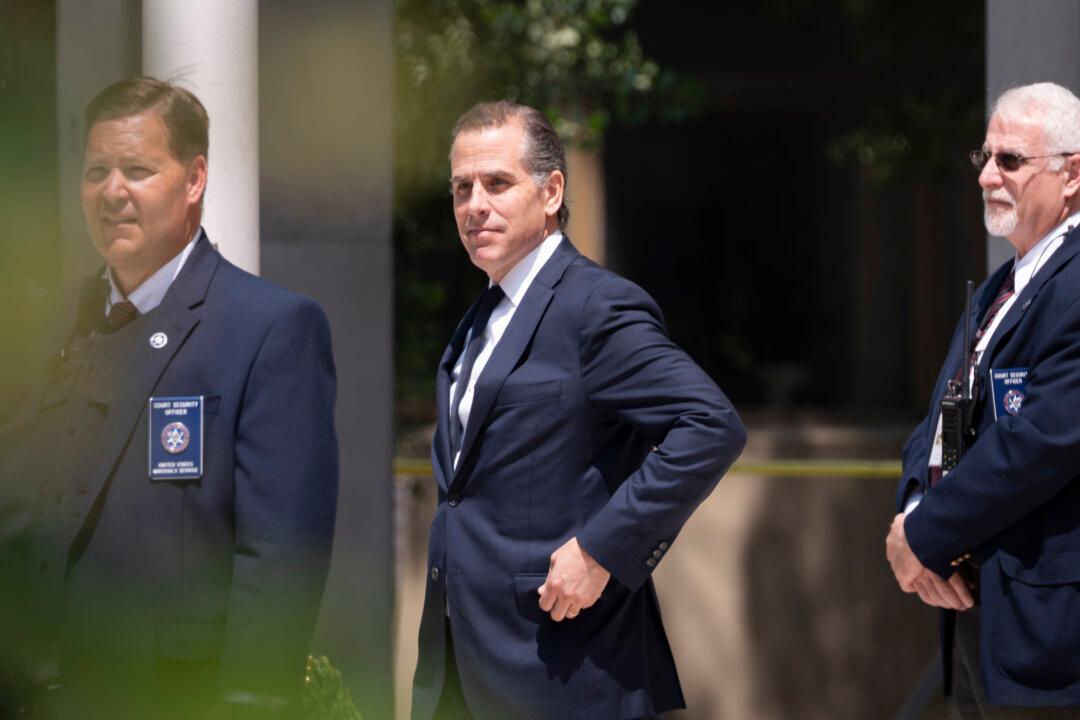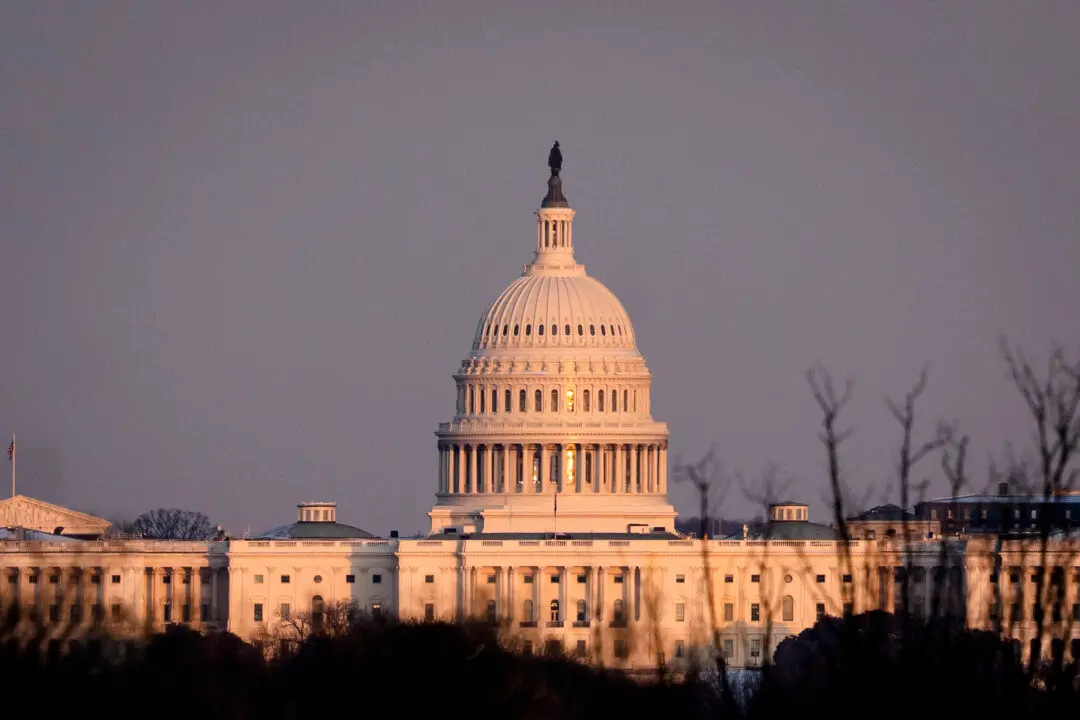Top Republican leaders on three House of Representatives panels are probing the Department of Justice (DOJ) for answers about an alleged “sweetheart deal” given to Hunter Biden by the agency.
In a letter to Attorney General Merrick Garland, House Judiciary Committee Chairman Jim Jordan (R-Ohio), House Oversight Committee Chairman James Comer (R-Ky.), and House Ways and Means Committee Chairman Jason Smith (R-Mo.) demanded an explanation of several “atypical” provisions in the DOJ’s plea agreement with Mr. Biden (pdf).





